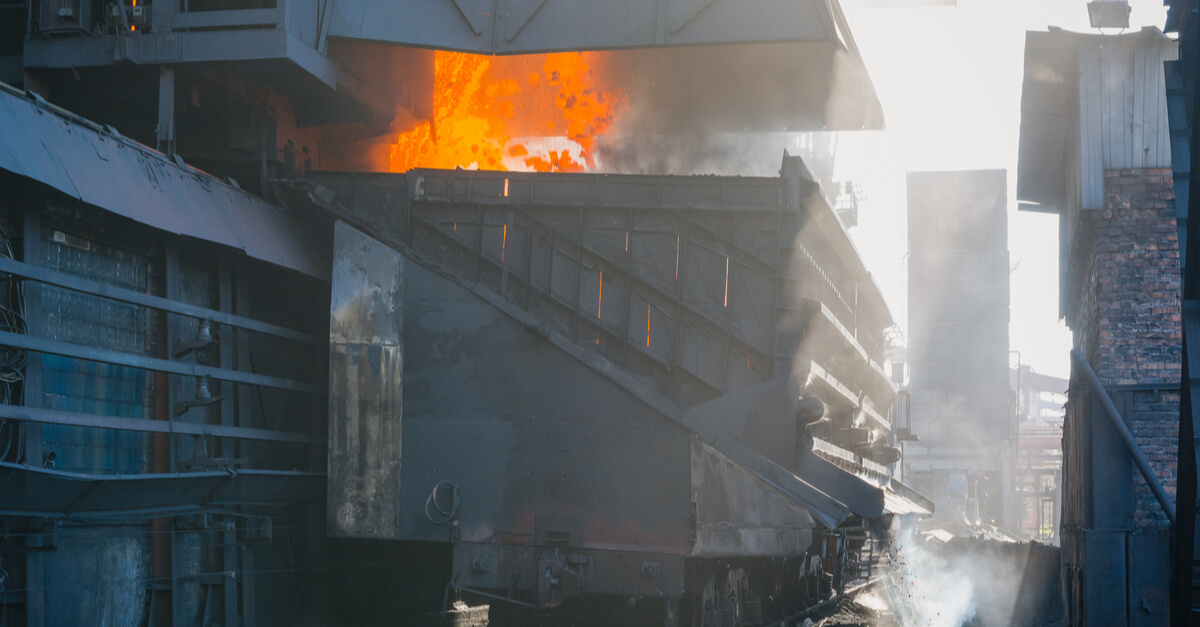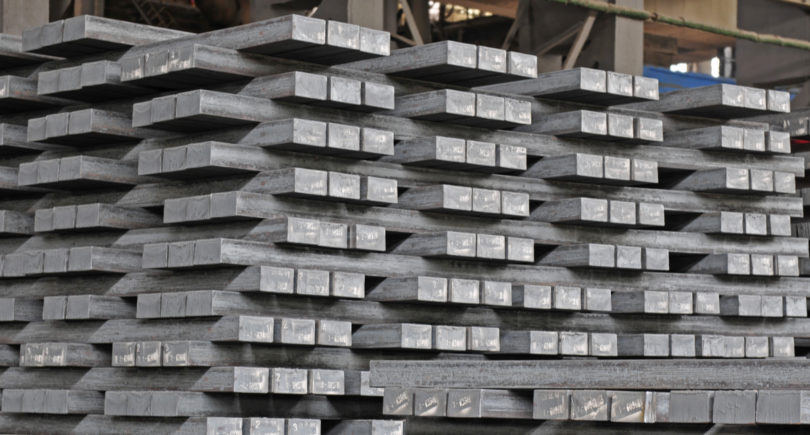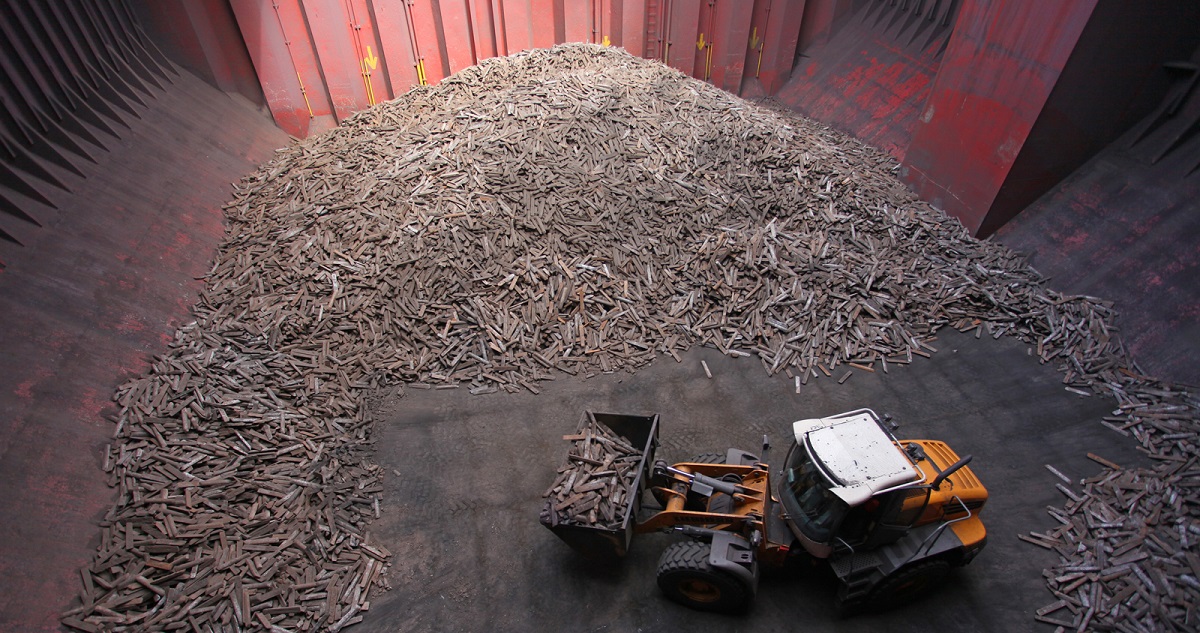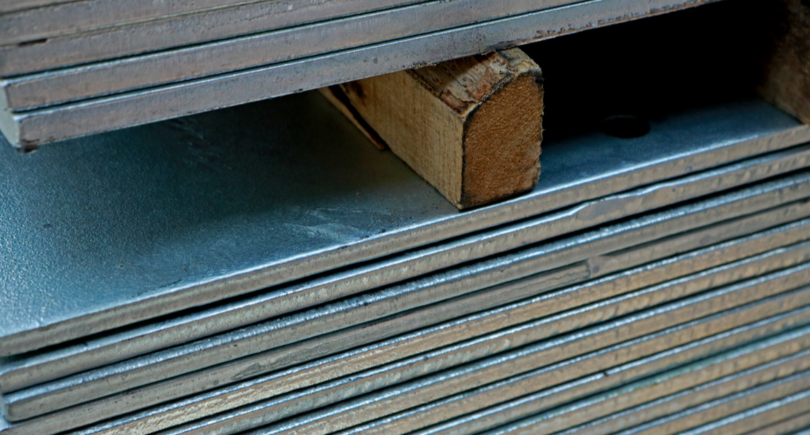
Only ArcelorMittal Kryvyi Rih and Yuzhkoks were able to ramp up production last year
In 2019, Ukrainian coking plants cut production of blast-furnace coke by 7.1% against 2018, down to 10 million tons.
This was reported by Interfax-Ukraine, with reference to Ukrkoks Association.
In the past year, coking plants mainly cut their output as follows:
- Avdiyivka Coke Plant — by 16.6% to 3.2 million tons;
- Azovstal — by 6.6% to 1.36 million tons;
- Dniprovskyi Coke Plant — by 8.9% to 564 thousand tons;
- Dniprokoks — by 12% to 530 thousand tons;
- Zaporizhzhia Coke Plant — by 0.1% to 947 thousand tons;
- Kharkiv Coke Plant — by 42.2% to 37 thousand tons.
At the same time, ArcelorMittal Kryvyi Rih and Yuzhkoks ramped up coke production by 3% to 2.8 million tons and by 6.4% to 628 thousand tons respectively.
“Coke production depends on output of pig iron, the demand for which is dictated by the market. The demand for metal products remains low, which determines the coke output the steelmakers need,” explains Anatoliy Starovoit, CEO at Ukrkoks Association.
In 2018, Ukrainian coking plants increased coke production by 4.1% against 2017, up to 10.83 million tons. In 2018, Ukraine imported 12 million tons (+11% with regard to companies purchasing tubing pipes and +14% with no regard for them) of run-of-mine coking coals and coal concentrate for coking. Production of Ukrainian coals in 2018 was 2.7 million tons, 22% down with regard to companies purchasing tubing pipes and 16% down with no regard for them.
As reported earlier, on 1 June 2019, Russia banned exports of certain types of coking coals to Ukraine (these products will be shipped to Ukraine only upon permission of Russia’s Ministry of Economic Development). This triggered a drop in imports of coking coals from Russia. That decision however had minor influence on steel industry output.




